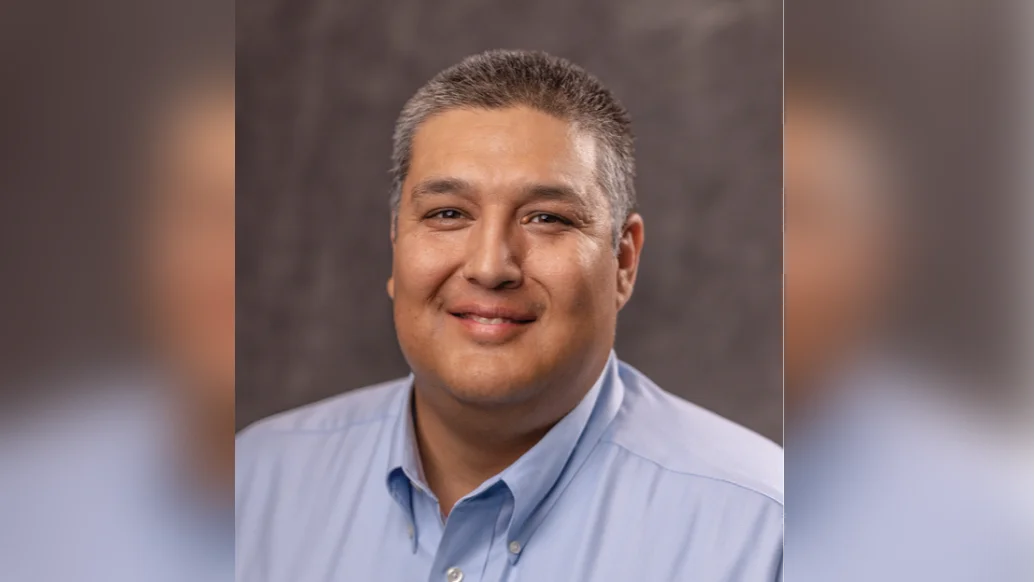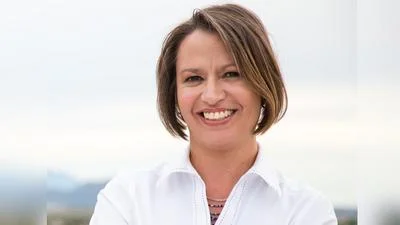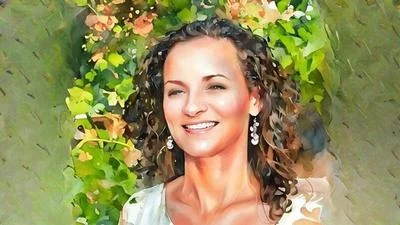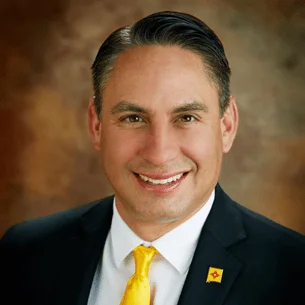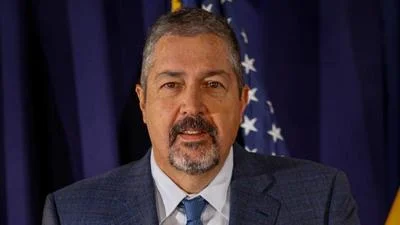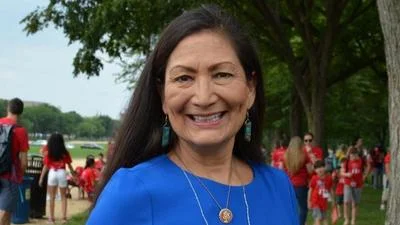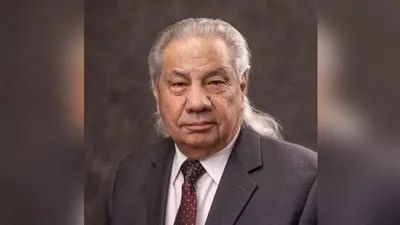A lawsuit was filed on August 14, 2025, in the U.S. District Court for the District of Montana by the Chippewa Cree Indians of the Rocky Boy’s Reservation and two Native voters. The suit challenges Chouteau County’s at-large voting system for its Board of County Commissioners, alleging that it unlawfully dilutes Native voting strength and has led to a lack of Native representation on the commission for over ten years.
Currently, all voters in Chouteau County vote for all three commissioners instead of electing them by district. Native voters now comprise about one-third of the county’s voting-age population but have not succeeded in electing a candidate of their choice under this system. All three current commissioners have been elected and re-elected through this method since at least 2010.
“We’re filing this lawsuit because Choteau County continues to hold elections in which the Native votes don’t count,” said Chippewa Cree Tribe Chairman Harlan Gopher. “The Chippewa Cree Tribe filed this lawsuit to prevent this local government from trampling on the civil rights of our people. A fair redistricting process must respect the boundaries and voice of our Nation.”
Montana law requires counties to update election systems every ten years after each Census. Despite changes in population and an increase in Native eligible voters, Chouteau County kept its existing boundaries and did not consider district-based voting that could give Native voters a better chance at representation.
“Fair representation isn’t just about numbers on a map — it’s about the dignity of knowing our voices count. Without that, we remain invisible in decisions that affect every part of our lives. This case is about making sure our community finally has the same say in who serves as commissioner as every other voter in the county,” said plaintiff and voter Tanya Schmockel, a citizen of the Chippewa Cree Tribe.
Most Native residents live near or on Rocky Boy’s Reservation, with many key issues such as infrastructure and emergency services requiring cooperation between county and Tribal governments.
“We need a fair election system so our voters can elect a commissioner who understands Native issues and will collaborate with the Tribe to get things done. The three local representatives currently in power do little that benefits the Native taxpayers in this part of Montana and adopted a system that prevents us from being able to vote them out. Until our votes matter, too, we’re stuck under their thumb,” said plaintiff and voter Ken Morsette, also a citizen of the Chippewa Cree Tribe.
The plaintiffs are represented by attorneys from several organizations: Native American Rights Fund (NARF), American Civil Liberties Union Foundation Voting Rights Project (ACLU), and ACLU of Montana (ACLU-MT).
“Since 2010, Native voters in Chouteau County have been trapped in a system where their votes make no difference,” said NARF Staff Attorney Samantha Blencke. “That’s not just wrong — it’s illegal. Our democracy is supposed to guarantee fair representation to all communities.”
“Montana has a long and unfortunate history of disenfranchising Indigenous voters,” said Akilah Deernose, Executive Director of the ACLU of Montana. “Once again we are forced to rely on the Courts to ensure that Indigenous voters enjoy the same rights and privileges as non-Native voters.”
“Montana’s history of excluding Native people from political representation is not just a matter of the distant past — it continues today in the form of systemic voter suppression,” said Theresa Lee, senior staff attorney with the ACLU Voting Rights Project. “From the lack of polling locations on reservations, to long travel distances for ballot drop boxes, to at-large voting — these barriers are unacceptable. Native voters in Montana deserve the representation they have been denied for generations.”
